On demand grocery delivery firm JOKR nabs $1.3 billion valuation with fresh funding
Rapid grocery delivery company JOKR has raised $50 million in a Series C investment on a $1.3 billion post-money valuation.
This follows a $260 million raise announced in November 2021.
G Squared lead the Series C round, with GGV Capital, Tiger Global Management and HV Capital participating.
In total, JOKR, which was founded in 2021, has to date raised $480 million in equity and debt.
Leaving the US
Last year, the venture said it was shuttering its New York and Boston businesses and leaving the US market altogether, with the focus now being on Latin America.
The announcement did not surprise Brittain Ladd, a former Amazon exec and supply chain consultant.
In a LinkedIn post, he said: “I recommended to JOKR to sell their operations in the US, and instead focus on Latin America and Mexico.”
“They contacted me to say that they were "disappointed" by my suggestion and that I "didn't understand their strategy." Actually, I understood their business and the reality of the rapid grocery delivery industry better than their senior executives did.”
“huge opportunity for legacy retailers and grocers”
JOKR’s latest fundraising comes at a critical time for rapid delivery startups.
Several have suffered from post-Covid hangovers, with funding stagnating and the cost-of-living crisis escalating.
NTT DATA recently conducted analysis on this space, the long-term financial viability of which has always been in question, the company believes.
It surveyed 2,000 grocery shoppers in the UK, focusing on inner city areas where quick commerce is available.
It found that just under a third of inner city dwellers use rapid delivery apps/Q-commerce.
However, more than half using the apps are decreasing their use (59%) as cost over convenience becomes more important.
92% of consumers state cost is one of the biggest decisions for where and when to purchase their groceries. This is followed by quality with 77% confirming this as a key decision point.
Speed is left far behind with only 17% stating this is a deciding factor on where they buy groceries from.
This plays out when analysing web traffic data to the major Q-commerce brands. NTT DATA analysed SimilarWeb data and found there was an average 19% decrease in traffic over the last three months, with Getir taking the biggest hit.
Geoff Lloyd, Director of Retail at NTT DATA UK&I, commented: “As a result of food inflation and the current cost-of-living crisis, consumers are becoming more cost conscious with their purchases and are prioritising this over convenience.”
“As a result, fewer consumers are now willing to accept the higher cost that comes with the Q-commerce model, whether it is through higher pricing of products, or additional costs they need to pay for delivery to their doorstep.”
“As funding stagnates and introductory offers start to disappear, consumers are likely to decide that the convenience is not worth the cost and will move away from these applications.”
He concluded: “There is a huge opportunity here for legacy retailers and grocers to gain back market share from the Q-commerce challengers and increase sales during this time, as the current economic climate is altering consumer buying behaviour.”
“By using data to help improve deals and targeted offers as part of loyalty programmes, supermarkets can gain the upper hand and increase margins during this difficult retail period.”



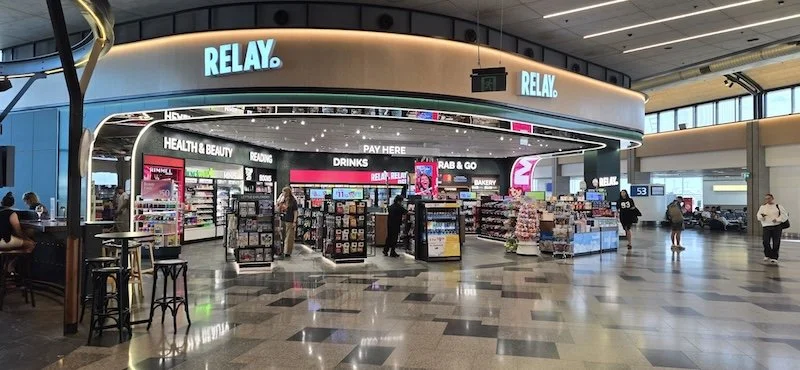

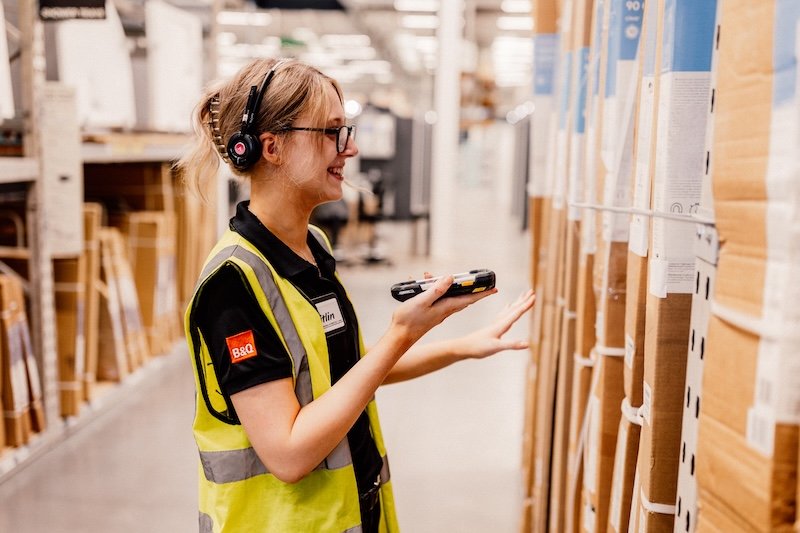

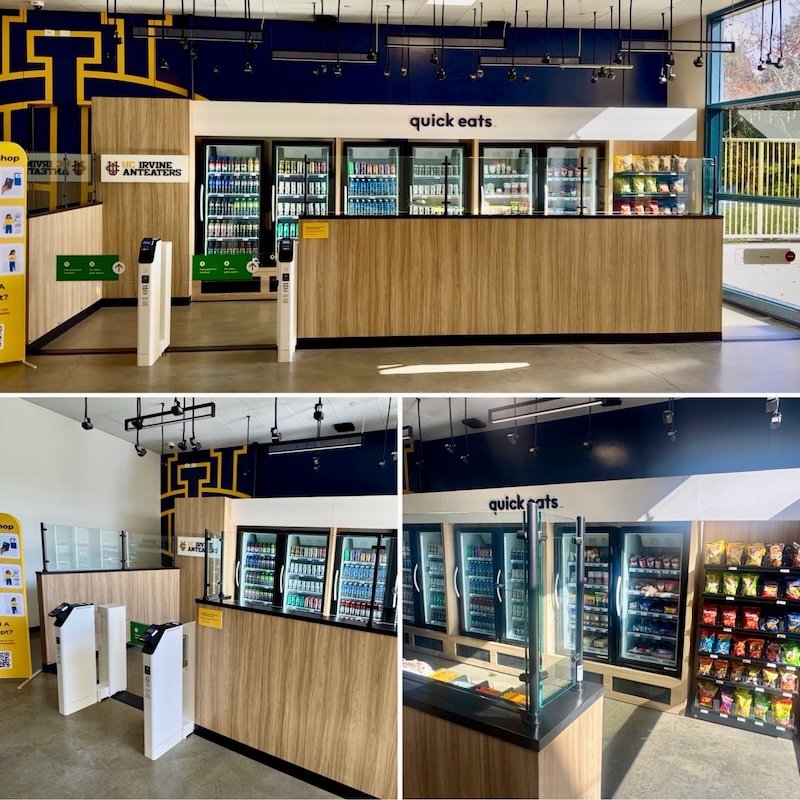





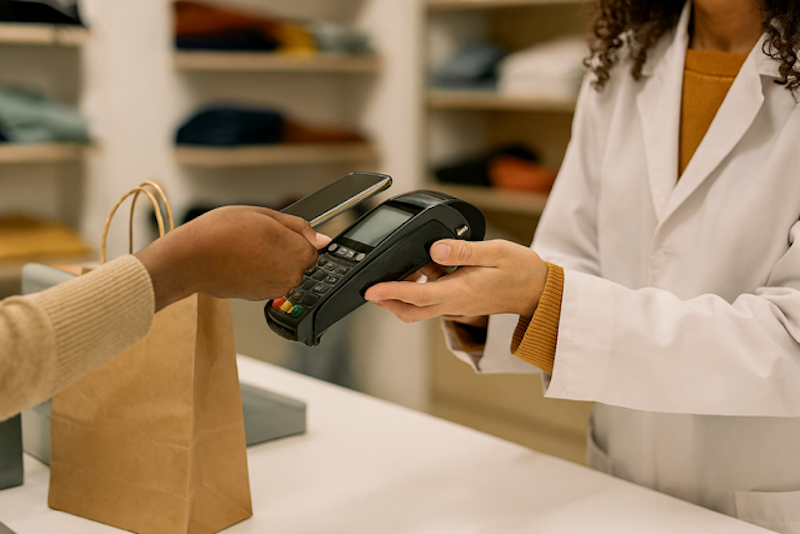
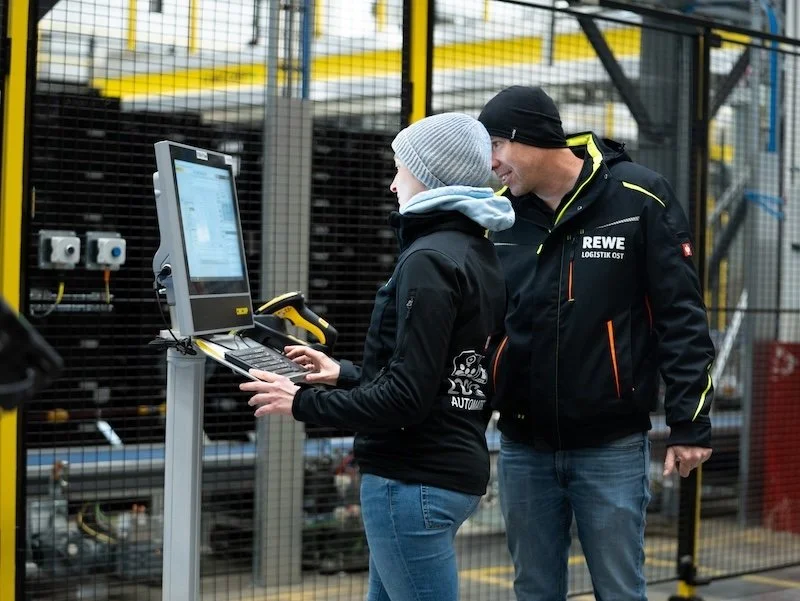
Continue reading…